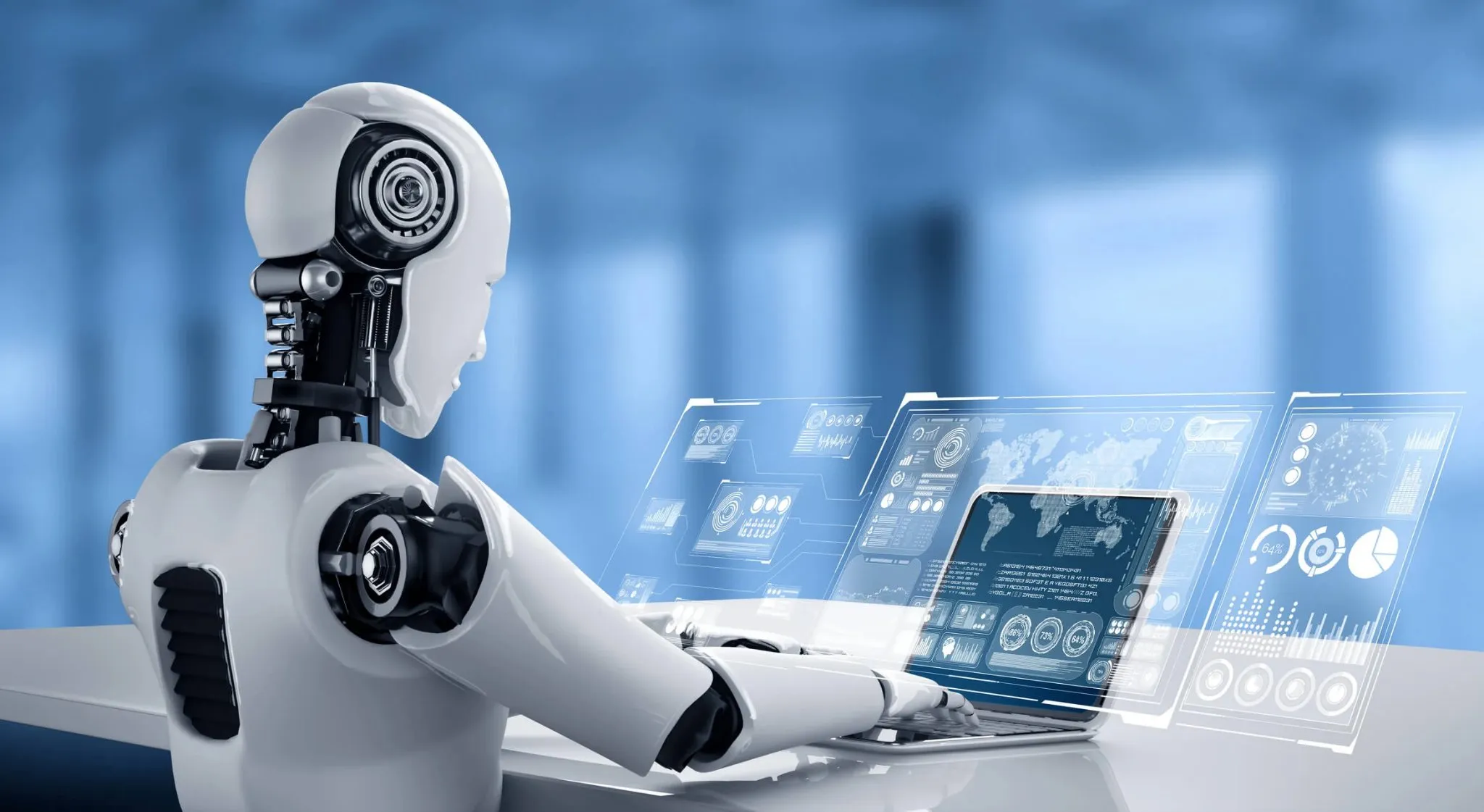A recent study has shed light on the evolving job market, highlighting occupations that are at risk due to the rise of artificial intelligence (AI) and those that are likely to benefit. As AI technology continues to advance, its impact on various industries is becoming increasingly evident.
Jobs at Risk
- Routine and Repetitive Tasks: Jobs that involve routine and repetitive tasks are most at risk. This includes roles in data entry, telemarketing, and certain administrative functions. AI’s ability to automate these tasks efficiently poses a significant threat to these positions.
- Manufacturing and Production: The manufacturing sector is heavily impacted by AI and robotics. Automated systems can perform repetitive tasks with precision and speed, reducing the need for human labor in roles such as assembly line workers and machine operators.
- Customer Service: AI-powered chatbots and virtual assistants are becoming more common, potentially replacing customer service representatives. These AI systems can handle a large volume of inquiries and provide consistent support, diminishing the demand for human agents.
Jobs That Will Get a Boost
- AI and Machine Learning Specialists: As AI technology grows, the demand for experts in AI and machine learning will surge. These professionals are crucial for developing, implementing, and maintaining AI systems across various industries.
- Healthcare: While some administrative roles in healthcare may be automated, there will be a growing need for healthcare professionals who can work alongside AI. This includes doctors, nurses, and technicians who use AI tools to enhance patient care and diagnosis.
- Cybersecurity: With the rise of AI, the importance of cybersecurity has never been greater. AI can be used both to enhance security measures and as a tool by malicious actors. Hence, cybersecurity specialists who can safeguard data and systems will be in high demand.
- Creative Fields: Jobs that require creativity, such as those in the arts, design, and content creation, will see a boost. While AI can assist in these areas, human creativity and emotional intelligence remain irreplaceable.
- Education and Training: As AI continues to permeate various sectors, there will be a growing need for educators and trainers who can upskill the workforce. This includes roles in teaching new AI technologies and helping workers transition to AI-enhanced roles.
Conclusion
The integration of AI into the workforce presents both challenges and opportunities. While certain jobs are at risk of becoming obsolete due to automation, other roles will see significant growth and demand. Adapting to these changes involves reskilling and embracing new technologies, ensuring that the workforce remains relevant and competitive in an AI-driven world.
